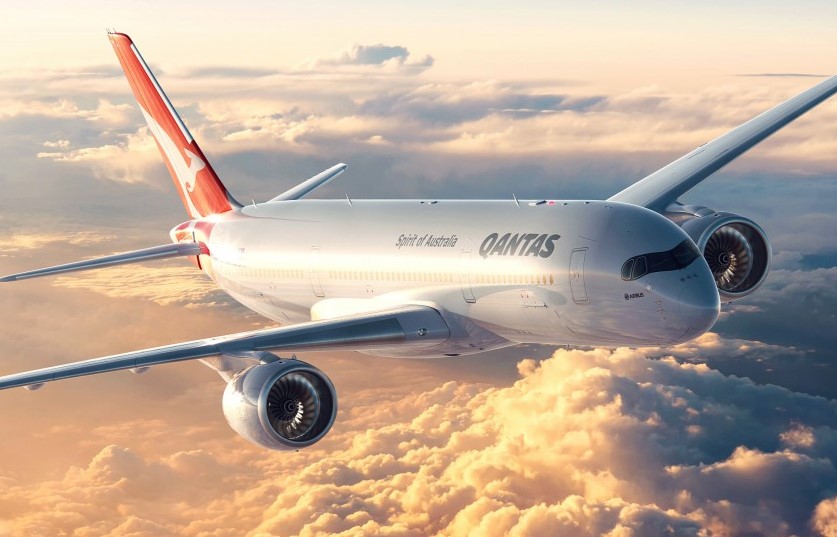Qantas seeks Sunrise order delay from Airbus
10 March, 2020
3 min read


Qantas has asked Airbus to extend its deadline for a firm order of up to 12 Airbus A350-1000s slated to fly its ultra-long-haul Project Sunrise.
Airbus had given the airline until the end of March to place an order because it said it couldn’t hold the production slots beyond then.
But the airline now wants to wait until after the coronavirus crisis is over before ordering the planes.
The request comes as Qantas this month moved to take a new enterprise agreement proposal directly to a vote by long-haul pilots in an attempt to secure changes it says it needs to proceed with Sunrise.
READ: Qantas pilots urged to vote for Sunrise deal
The Flying Kangaroo announced swingeing capacity cuts Tuesday that included grounding eight Airbus A380 superjumbos and cost cuts that would see Qantas Group chief executive Alan Joyce forego his salary for the rest of the 2020 financial year.
Joyce confirmed during a conference call with reporters that the airline had asked for a delay in the A350 order deadline in light of the coronavirus crisis.
“Airbus had given us the delay until the end of March,’’ he said. “That was based on the fact the slots were potentially valuable and could be sold to other airlines.
“We think in the current environment that may not be the case, nobody seems to be ordering aircraft.
“So we put that request in. We haven’t heard anything back from Airbus yet but we’re hopeful we can try and get an extension.”
Joyce said the airline was still in dialogue with its pilots and it intended to continue finalizing an agreement in preparation “to eventually doing Sunrise”.
“But we’d rather wait until the coronavirus issue is out of the way before we put a firm order in for the 350.”
Airbus confirmed it was in discussions with Qantas but declined to comment further.
The capacity cuts by airlines globally are in response to a massive fall in passenger demand as people defer or cancel travel.
Joyce blamed intense media and social media coverage for the fall in demand and the spread of traveler unease to the US and Europe.
He said the coronavirus outbreak was very different from the 2003 SARS outbreak.
“In SARS we didn’t see an impact in North America or Europe,’’ he said. “We’ve now seen the same type of impact (that’s) occurring in Asia occurring in those markets.”
Asked to compare this outbreak to previous crises, Joyce nominated the 2010 QF32 Airbus A380 engine explosion as the toughest crisis in his career.
He noted Qantas as an organization and through its experienced management team was good at handling crises and had become better at it over the years.
He said the airline was going into the coronavirus “a lot stronger than we have done at any time in the past” with the strongest balance sheet and cash position as well as an investment-grade rating.
It was also in a strong position with its domestic and loyalty businesses and it was taking aggressive and appropriate action to manage the situation.
“I think this will be survival of the fittest and I think Qantas is one of the fittest and (most) dynamic airlines in the world to be able to cope with this,’’ he said.
“There will be some airlines that won’t survive it. We’re making sure that we’re there and we can take the opportunities when they arise when we come out of this.”
Get the latest news and updates straight to your inbox
No spam, no hassle, no fuss, just airline news direct to you.
By joining our newsletter, you agree to our Privacy Policy
Find us on social media
Comments
No comments yet, be the first to write one.

